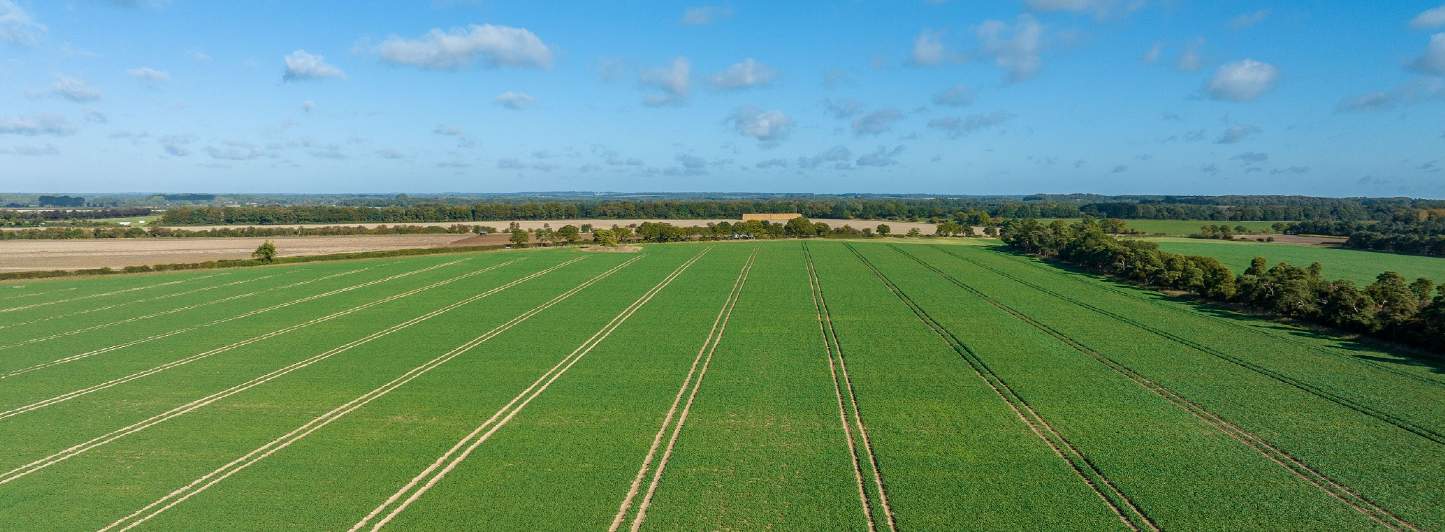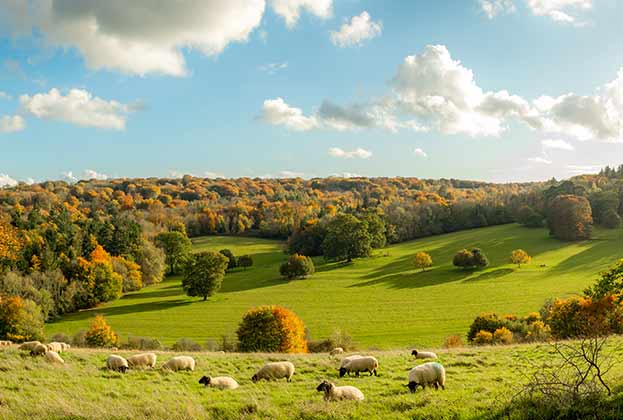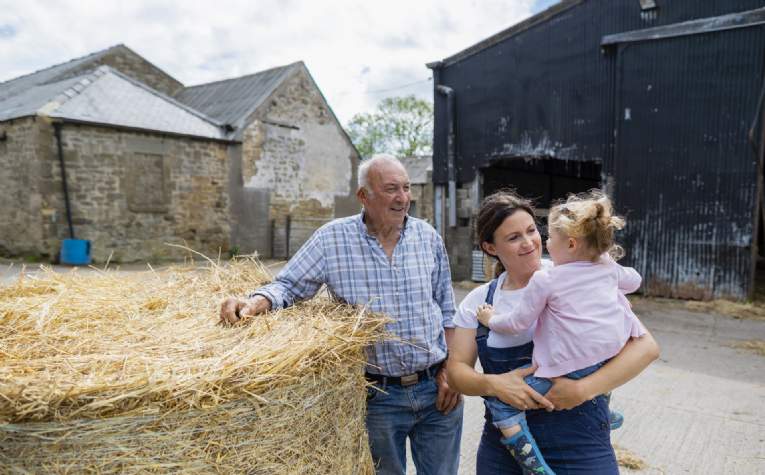Demand for farmland remains strong across the UK, with robust levels of activity for both public and private sales.
As the phasing out of BPS progresses and we gain a clearer understanding of the financial rewards provided through initiatives including the Environmental Land Management Scheme and the Sustainable Farming Incentive, many farmers may well be making a decision about the future of their business. In some instances this could involve retirement and a sale.
But selling a farm is often a once-in-a-lifetime – and even once-in-a-generational – decision. Understandably, it is not something that should be taken lightly.
There will always be certain elements that are impossible to control, but if you are thinking of selling there are several ways to make the process as smooth as possible.
BE SURE OF YOUR DECISION
This first step is often the most difficult. The farm may well have been in the same family for a number of decades and there will sometimes be strong emotional ties. Be sure to consult your solicitor and financial advisor early so you can consider all factors – such as tax liabilities, how the business structure can be dissolved and how the farm is owned – before you make a final decision.
TIMING
You can, of course, put your farm up for sale at any time of the year. However, we often advise a spring launch when the fields, hedgerows and trees have greened and wetter areas have dried, which will help to show the holding in its best light to prospective buyers. But that means preparations for the sale need to start in January or February, from finding relevant paperwork to carrying out essential repairs.
STRATEGY
Your selling agent will advise on which types of buyer are most likely to be interested in your farm and the best way to reach them. Points to consider include: should the land be lotted to suit different buyer types? How should different marketing strategies, including social media, be used to ensure contact with the best buyers? Should it be publicly advertised in order to create strong competition or placed privately? In the initial stages, it is also best to keep your plan to sell confidential. This will help ensure the biggest impact when the farm launches to market.
PREPARATION
The importance of gathering paperwork early should not be underestimated. Ensuring that legal and compliance matters are addressed will highlight any potential stumbling blocks. As a minimum, send title deeds to solicitors to make sure all boundaries are shown and up to date. Depending on your holding, other useful documents include: five years of cropping records, three years of yield records, soil testing documents, lambing percentages, calving rates, milk yields average per cow and drainage improvement records.
BE UPFRONT
If your property has issues with rights of way, private water supplies or local developments, be open from the start. Buyers are less likely to lose confidence if you’ve made them aware of everything they need to know before they decide to buy.
FIRST IMPRESSIONS
Many farm sales are won or lost by first impressions. Ensure properties are well presented, keep buildings clean and tidy, cut verges and hedgerows as permitted, repair fencing and gates where necessary and fill in any potholes. You should also continue to farm as if you were staying. You can be compensated later or add a holdover clause to the sale agreement to allow you to continue your occupation until harvest is completed.
NEGOTIATION
Throughout the life cycle of a sale it’s reasonable to assume there may be one or two bumps along the road – and appointing a trusted agent can help smooth out any issues. They will handle all negotiations on your behalf, but, although price is important, there may be other factors that influence your final decision. What is the likelihood of other offers being made? How are the buyers funding the purchase? Do they have their own property to sell? What are the agreed timings for exchange and completion?
In essence, the list of what you could do to prepare for a sale is endless. But selling a farm can be one of life’s major milestones, so good advice and careful preparation are key.
Further information
Contact Harry Kennedy

.jpg)
.jpg)
.jpg)
.jpg)

.jpg)


.jpg)
.jpg)